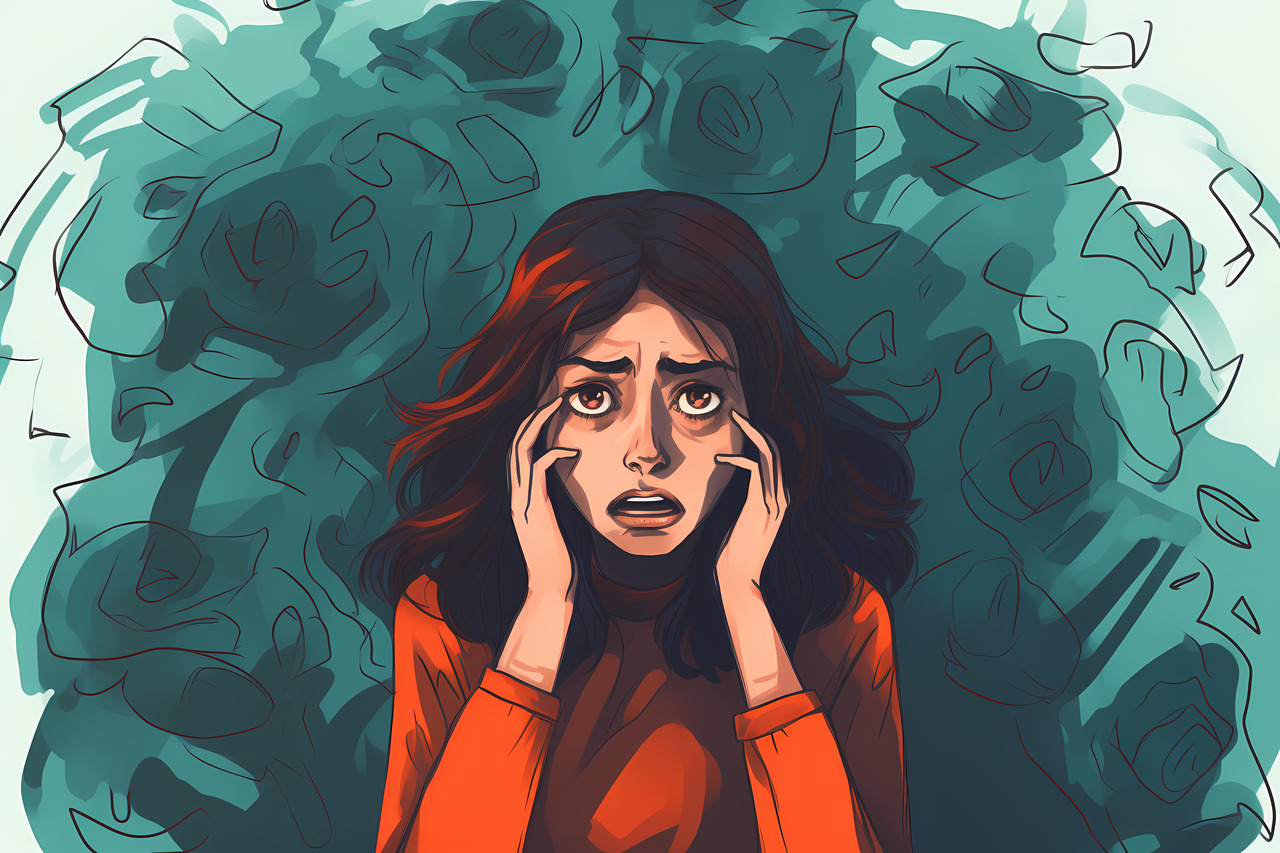In recent years, the field of mental health has seen evolving development with the growing interest in psychedelic-assisted therapy. This approach, integrating traditional psychotherapy with the use of psychedelic substances, may offer new hope for individuals suffering from various mental health disorders, including the feelings of hopelessness and persistent low mood. This blog explores how psychedelic-assisted therapy works, its potential benefits, and the impact it could have on mental health treatment.
What is psychedelic-assisted therapy?
Psychedelic-assisted therapy combines the use of psychedelic substances with traditional psychotherapeutic techniques. The treatment often involves a few sessions where the psychedelics are administered in a controlled, clinical setting, guided by trained therapists. These sessions are supported by additional psychotherapy sessions aimed at preparing for and integrating the psychedelic experiences.
How does psychedelic-assisted therapy work?
Psychedelics are known to affect the brain’s serotonin receptors and can induce profound changes in consciousness and perception, which can lead to increased insight and emotional release. During therapy, these substances are believed to temporarily disrupt harmful patterns of thought and behaviour, offering patients new perspectives on old problems.
- Breaking Negative Thought Cycles: Psychedelics have the ability to disrupt the brain’s default mode network (DMN), the area linked with self-referential thoughts often associated with feelings of low mood. This disruption can decrease negative thinking and enable a new state of connectedness and openness.
- Enhanced Emotional Connectivity: Under the influence of psychedelics, patients often report feeling more open and emotionally available, which can enhance the therapeutic process by promoting a deeper exploration of emotional traumas and healing.
Psychedelic-assisted therapy clinical evidence
A growing body of research highlights how psychedelic-assisted therapy could be effective in treating some mental health disorders:
- Research conducted at institutions like Johns Hopkins has shown that psychedelic-assisted therapy could reduce the feelings of hopelessness and persistent low mood in individuals with life-threatening illnesses, with effects lasting up to six months or more.
- Clinical trials have found that psychedelic-assisted therapy could be effective in helping treat mental health symptoms, sometimes after just a few sessions.
Considerations and challenges for psychedelic-assisted therapy
While the potential benefits of psychedelic-assisted therapy could be significant for certain patients, it also presents certain challenges, particularly in terms of safety and suitability. This form of therapy is not suitable for everyone and requires careful screening for certain conditions.
The future of psychedelic-assisted therapy
As research continues psychedelic-assisted therapy could become a definitive avenue for mental health care. With ongoing clinical trials and increasing interest from the medical community and public, these treatments might soon become a more widely available option for those struggling with mental health issues.
As we learn more, this could herald a major shift in how we understand and treat mental health disorders, bringing relief to those who have long struggled with conventional medicine.
For more information about psychedelic-assisted therapy, you can get in touch with the GoodMind team today. Call us on 02 6190 0408 or email us at [email protected].





